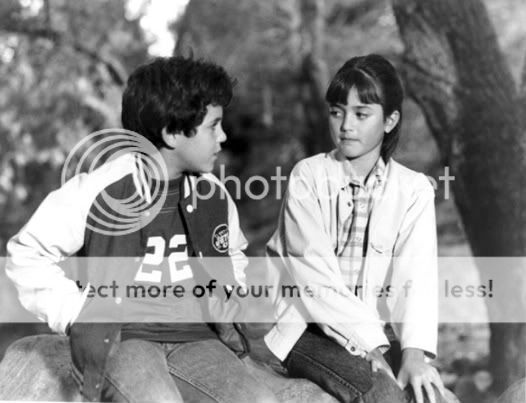I was reading a book recently and when I was finished with it, someone asked me what I thought of the book. I simply said it was fine. Not amazing. Not terrible. It was just fine. This is certainly something that I believe happens to a lot of readers out there with the books they read. But why?
As I was thinking about this idea over my morning cup of coffee, I was drawn to two different words that I think really sum up the reason why we fall for some books and not for others - SYMPATHY and EMPATHY. So I looked these up quickly this morning for the post, even though I was really sure I had the ideas correct in my head. According to my trusty, online dictionary...
Both empathy and sympathy are feelings concerning other people. Sympathy is literally 'feeling with' - compassion for or commiseration with another person.Empathy, by contrast, is literally 'feeling into' - the ability to project one's personality into another person and more fully understand that person. Sympathy derives from Latin and Greek words meaning 'having a fellow feeling'. The term empathy originated in psychology (translation of a German term, c. 1903) and has now come to mean the ability to imagine or project oneself into another person's position and experience all the sensations involved in that position. You feel empathy when you've "been there", and sympathy when you haven't.
Too often, I think when we read books, especially those in romance and women's fiction, if we do feel anything, we are often on the side of sympathy and not empathy. In other words, we can certainly understand the feelings of those characters, but the real connection, the "been there" element might not fully be there.
I do believe, in these two genres, it is beyond crucial that the author of the story takes an amazing amount of effort to get the readers into that state of empathy and not just leaving them hanging in a state of sympathy. We want them to share the laughter and the pain of the characters as they move through the story.
If you really think about it, many of the books you have fallen in love with are books with characters and situations where you are drawn into the story. You have become a part of the story and the lives of the characters. If there is a break-up in the story between the hero and the heroine, you are devastated! I have
used this reference before, but I think it works well here - the television show THE WONDER YEARS. That connection we all had with Winnie and Kevin was something we had all experienced and lived through. We new there emotions and the writers and actors brought you right back into that same Junior High School experience one more time.
To accomplish this, an author has to spend a lot of time really thinking about the characters and the story, not as simply a plot and scenes, but more as REAL people in REAL situations. If you were in that situation, how would you really act.
For example, if you had an abusive ex that had been out of your life for a while and suddenly made an appearance on your doorstep, what would you REALLY do?
If you are the owner of a company and the board of directors tells you the company is going bankrupt, what would you REALLY do?
If your first true love tells you "there isn't anything here and there never will be" what would you REALLY do?
As I read projects, I know I have a great story when I am sucked into it. One of my authors has an amazing story (that has proven to be a tough sell) about a daughter who is dealing with a situation of her mother having Alzheimer's. That story HAS the emotional impact because the characters are doing things that are REAL. We aren't getting into the hypothetical brain of the mother because frankly, we don't know what they are thinking. The daily activities of making toast, watching TV and having a glass of rum and coke are amplified so much more and become important. And when the mother dies, we are all right there with the daughter as she cries and smiles at the same time.
I just don't think authors are doing that. We are so hung up on telling an exciting story with a great plot or hot sex scenes that we have, unfortunately, eliminated all of the human aspect from the story. In essence, we have reversed the roles. The plot is now the protagonist and the characters are nothing more than plot devices.
So, do you have emotional impact?

Great post, and a keeper. I've bookmarked this and am tweeting it.
ReplyDeleteIt's such weird timing to read this right now because I'm revising a literary novel based loosely on my family and hometown. But the problem is the emotional impact *isn't* there because I kept thinking of these characters as my mom, dad, etc. I wasn't putting them through enough. I was keeping them strong and silent, like the good Swedish family we are. But now I see I have to inject some of the freedom I felt with my genre novels to mess these characters up a bit, to use some of the exciting story and plot elements I love to play with in genre stories. So I guess my conclusion is....you need both to create true emotional impact.
ReplyDelete